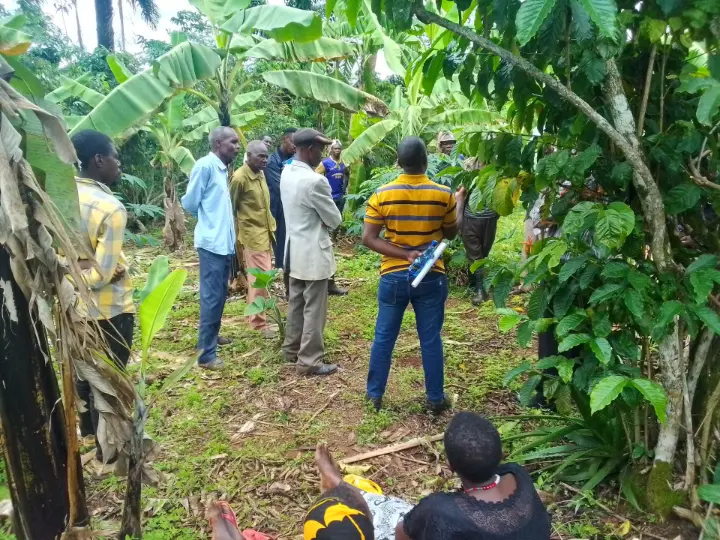Follow-up to our April 30, 2025 Mediation Training | Ibuga Ward, Muleba District, Kagera Region
From our recent capacity-enhancing session with community leaders (our peacemakers) in Ibuga Ward, we had the opportunity to put mediation principles into immediate practice. A complex land boundary dispute involving blood relatives provided the perfect case study to demonstrate effective community-based conflict resolution in action.
The Dispute: A Family Land Inheritance Gone Wrong
The case centered around Maria Antonia, a 71-year-old woman who had spent many years away from home in Kigoma Region. During her absence, she missed her mother's funeral and the subsequent distribution of family properties. Her uncle had been caring for the land after Maria Antonia's mother died following a long illness.
Upon returning home, Maria Antonia received the inherited land from her uncle and clan members in absence of Edna and Justine (Edna's father), though she was not fully aware of all the arrangements that had been made in her absence. She later sold this land to Tobadi Kakurya, an 81-year-old man who purchased it in good faith.
The conflict arose when Edna, the wife of Maria Antonia's deceased brother, and her father Justine challenged the sale. They claimed ownership of all the land, ignoring previous demarcation agreements. This family dispute had been festering for more than five years, creating deep divisions within the extended family.
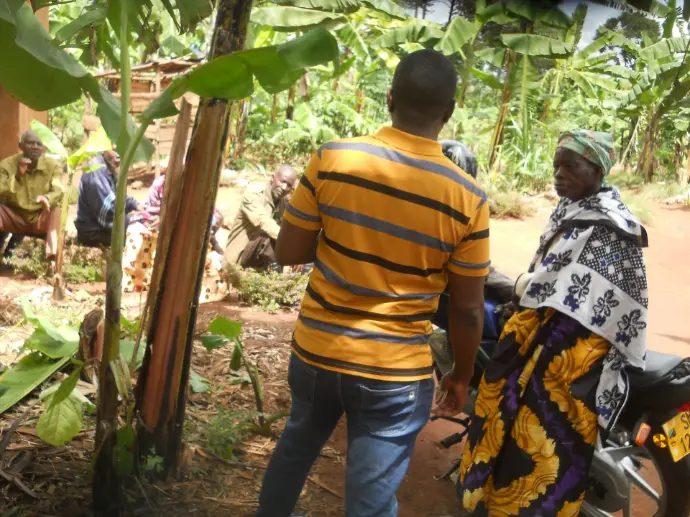
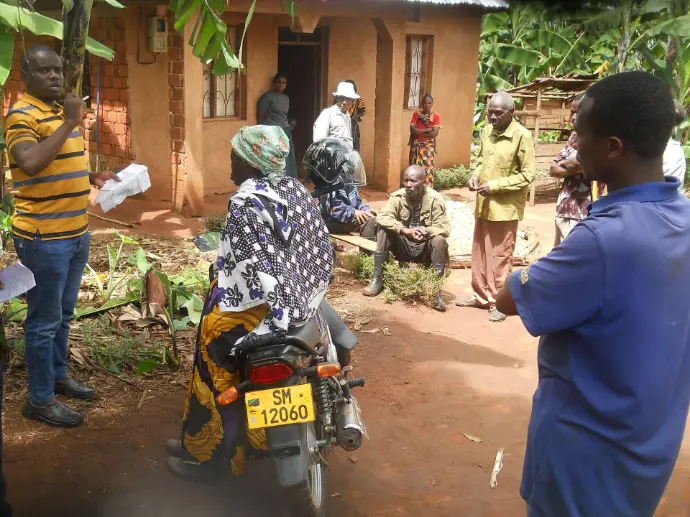
When Mediation Goes Wrong
On June 13, 2023, the dispute reached the Ibuga Ward Tribunal for mediation. Unfortunately, the process failed because the tribunal leaders made a judgment instead of conducting proper mediation. Most critically, they failed to invite Maria Antonia as a key witness to verify the facts of the case. The judgment favored Edna and Justine, leaving Tobadi Kakurya without legal recourse.
For over five years, Justine had been using weapons like a panga to guard the land, preventing Tobadi Kakurya from using the property he had legally purchased from Maria Antonia. This intimidation created an atmosphere of fear and prevented any peaceful resolution.
A Practical Learning Opportunity
When community leaders brought this ongoing dispute to our attention during the April 30, 2025 Ward Development Committee meeting, we recognized it as an ideal case study for the mediation training we had just conducted. Rather than simply discussing theoretical approaches, we could guide the leaders through practical application of proper mediation techniques.
We advised Salehe Mruma, the Ward Executive Officer, to take a completely different approach from the failed 2023 attempt. The first crucial step was ensuring all parties were invited to participate, including Maria Antonia as the key facilitator who could explain the legality of Tobadi Kakurya's purchase.
Guided Mediation in Action
Working closely with Salehe Mruma, we organized a site visit to the disputed area. This on-the-ground approach allowed us to involve other clan leaders who helped us understand the root causes of the conflict. By seeing the actual land and speaking with community members who had witnessed the original transactions, we could piece together the complete story.
The mediation process took place within two days, combining the site visit with formal sessions in Salehe Mruma's office. Through careful facilitation, we were able to guide all parties toward a peaceful resolution. Within this short timeframe, the long-standing dispute was resolved, peace was restored between the feuding relatives, and family relationships were rebuilt.
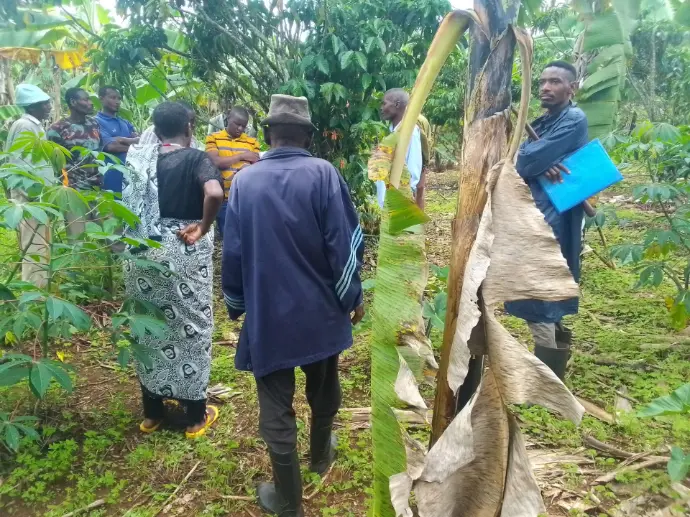
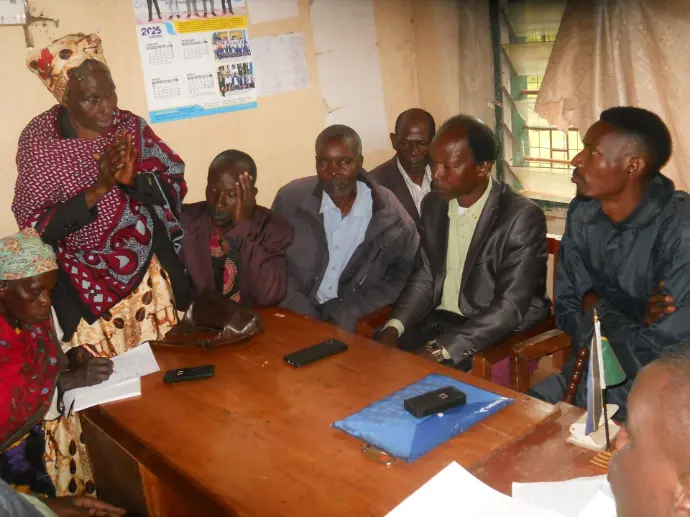
Key Challenges Identified
This case study revealed five major challenges that we believe are common in rural areas across Tanzania:
1. Lack of Compensation for Informal Mediators Local leaders are not paid to conduct mediation, which creates a temptation to accept bribes from the parties involved in disputes. This practice makes mediation fail because it undermines trust in the process and creates perceptions of bias. When community members suspect that decisions can be influenced by payments, they lose confidence in local dispute resolution mechanisms. Stakeholders must consider developing a solution for providing fair compensation to these leaders to maintain the integrity of community-based mediation.
2. Judgment Instead of Mediation Leaders at local Ward Tribunals continue to make judgments and call witnesses rather than conducting proper mediation. When people feel aggrieved by these judgments, they escalate cases to higher courts, increasing the burden on the formal legal system.
3. Influence of Bush Lawyers Many communities have individuals who have not undergone formal legal training but whom community members trust and believe. These "bush lawyers" often complicate mediation efforts by providing incorrect legal advice or encouraging confrontational approaches. During this case, one prominent bush lawyer was actively working to undermine the mediation process. Erick Mukiza guided Salehe Mruma to identify this individual and exclude them from the mediation sessions, which proved crucial to the successful resolution.
4. Lack of Legal Documentation There was no will or court-appointed administrator to prove that Maria Antonia had legally inherited the land from her mother. In rural communities, families typically handle inheritance matters informally without involving courts for proper estate administration. This lack of documentation made it difficult for Tobadi Kakurya to prove his legitimate purchase at the Ward Tribunal.
5. Incomplete Demarcation Processes Community members often conduct land demarcations without ensuring all neighbors are present and in agreement. This incomplete process creates the foundation for future disputes when absent parties return or circumstances change.
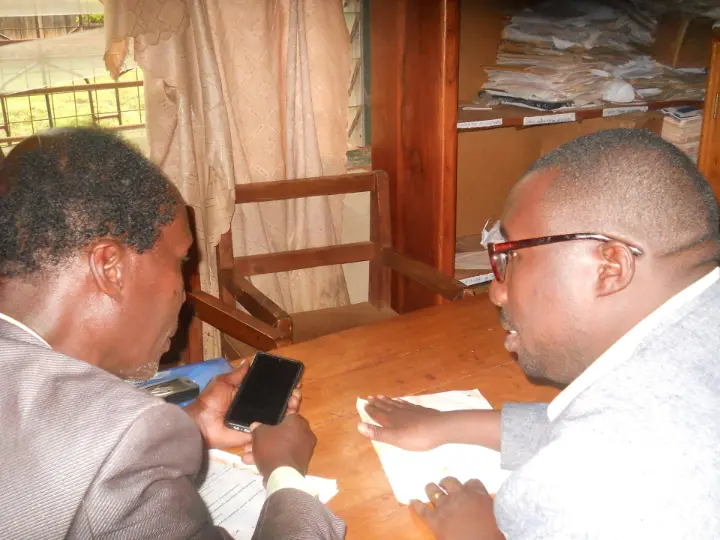
The Path Forward
This successful mediation demonstrates the effectiveness of proper community-based dispute resolution when conducted correctly. However, it also highlights the urgent need for comprehensive capacity-enhancing programs to address the systemic challenges we identified.
We recommend developing a strong training program in collaboration with key stakeholders including the judiciary, the Ministry of Constitutional and Legal Affairs, and other relevant institutions. Such a program should focus on enhancing the capacity of community leaders in rural areas to conduct inclusive Alternative Dispute Resolution processes.
The success of this case shows that when community leaders are properly guided and supported, they can resolve even complex, long-standing disputes effectively. By investing in their skills and providing ongoing mentorship, we can strengthen community-based justice systems and reduce the burden on formal courts.
Building Sustainable Solutions
The resolution of Maria Antonia's case represents more than just one successful mediation. It demonstrates the potential for transforming how communities handle disputes when leaders have the right tools, knowledge, and support systems in place.
Moving forward, ESS Creative and Legal Foundation remains committed to working with community leaders to enhance their capacity for effective dispute resolution. Through practical case studies like this one, we can continue to strengthen local justice systems while preserving the valuable role that traditional community structures play in maintaining social harmony.
See the mediation process in action through these videos that capture how a five-year family land dispute was peacefully resolved in just two days.
ESS Creative and Legal Foundation continues to support community-based Alternative Dispute Resolution across Tanzania. This case study demonstrates our commitment to practical, hands-on capacity enhancement that produces real results for communities in need
